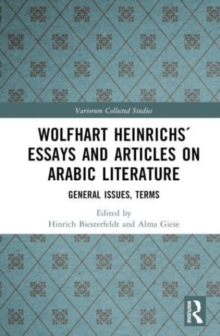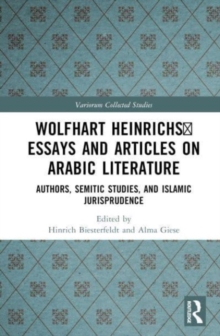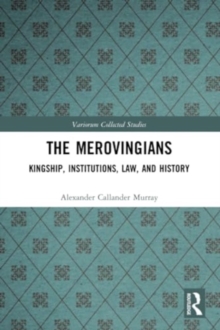
Feodalites et droits savants dans le Midi medieval Hardback
by Gerard Giordanengo
Part of the Variorum Collected Studies series
Hardback
Description
The feudal system has come to be seen as one of the most characteristic features of the Western Middle Ages, yet the study of feudal law has not always received the same attention as that given to its institutions. This law, it is true, was a subject of secondary importance in the medieval universities, but there does remain a corpus of writing sufficiently large to permit the investigation of how it related to medieval practice. In these articles, now provided with extensive additional notes, Gérard Giordanengo has undertaken such an investigation, with particular reference to Southern France in the 12th-14th centuries. He shows how, in Provence, legal doctrine did exert a clear influence on feudal practice, and that it was the jurists attached to princely or ecclesiastic entourages who were the key to its dissemination. In the Dauphiné, on the other hand, theory had a more limited impact, and feudal ties became not a mark of subjection, but a means of recognising legal and social status. At the governmental level, finally, he argues that it was not any feudal theory, nor even any feudal structures, but rather the absolutist doctrines of Roman law and the Old Testament that shaped the political ideology - and practice, if possible - of the medieval king. Le système féodal est considéré comme étant l’une des caractéristiques fondamentales du Moyen Age occidental; cependant, l’étude du droit féodal savant n’a pas toujours fait l’objet de la même attention que celle portée à ses institutions et coutumes. Ce droit, il est vrai, était un sujet d’importance secondaire au sein des universités médiévales, mais il reste néanmoins, un ensemble d’écrits suffisamment important pour qu’il soit possible d’examiner son influence sur la pratique médiévale. Au cours de ces articles, dès à présent pourvus de notes supplémentaires, Gérard Giordanengo a entrepris une telle analyse, se référant plus particulièrement au Sud de l
Information
-
Available to Order - This title is available to order, with delivery expected within 2 weeks
- Format:Hardback
- Pages:352 pages
- Publisher:Taylor & Francis Ltd
- Publication Date:30/04/1992
- Category:
- ISBN:9780860783251
Information
-
Available to Order - This title is available to order, with delivery expected within 2 weeks
- Format:Hardback
- Pages:352 pages
- Publisher:Taylor & Francis Ltd
- Publication Date:30/04/1992
- Category:
- ISBN:9780860783251










